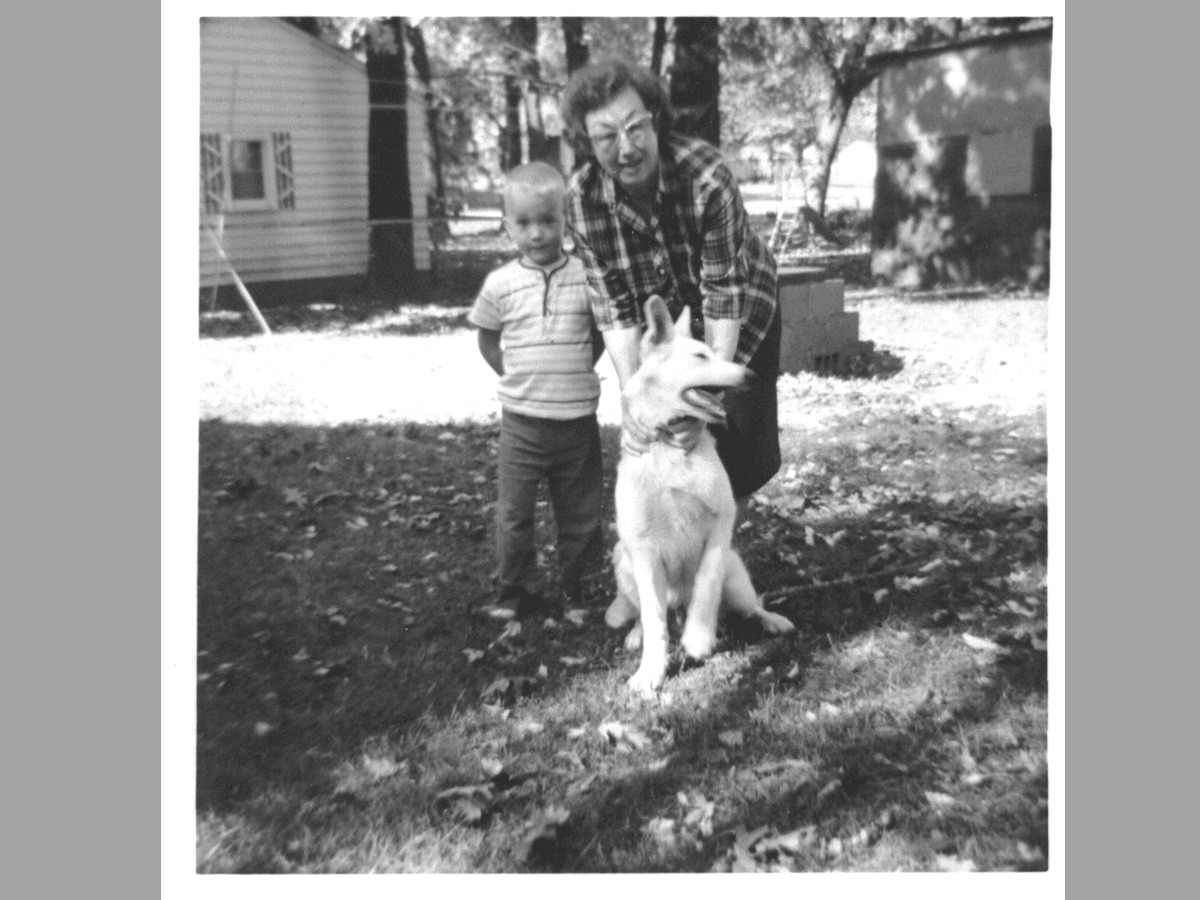What kinds of boots should I buy? What kind of knife? What about a compass (or two)?
Gear was the primary focus of my early days in Wilderness Search and Rescue (SAR). It was also the focus years later when I taught SAR classes. Without fail, students used the first break of the class to pepper instructors with questions about what to buy. Letting the students know we covered gear in a later chapter seldom stopped the questions.
The same focus shows up in nearly any new sport or hobby. Photography? What is the best camera and lenses? Golfing? Need the best clubs, bag, shoes and gloves. If you’ve ever started a new sport or had children participating in youth sports, you know there is a great investment before you (or they) ever took the first swing or kicked the first ball.
Besides providing an excuse to go out and buy a bunch of cool new “toys”, why is gear such a focal point of so many activities?
First, I think we have bought into the marketing hype that the best gear will make us the “best” player. If we give it a moment’s consideration, we know that is not true, but just in case it is, we spend a little (or a lot) more. Second, and more important to what I want to discuss today, is one can purchase gear. It does not need to be earned. The skills required to use the gear have to be practiced and earned. You cannot go out and buy skills. Sure, you can hire a coach, but even then you have to do the practice.
Why do we accept this notion for nearly every activity in our life, but dismiss it out of hand for our faith? I think part of the challenge comes from the modern church. In many cases, it has devolved into a consumer church. Sanctuaries (where one goes to be sanctified) have become auditoriums (where one goes to listen). Congregations are given the idea that simply showing up on Sunday morning and tithing the proper amount is all that is required to be a “good Christian”. But there is more. So much more.
- Love God will all your heart, soul, mind, and strength
- Abide in Jesus Christ
- Be filled with the Holy Spirit
- Pray for your enemies and love them
- Serve others
On and on the list goes (see a more comprehensive list on the Exchanged Church website. Link here).
Some concepts are easy enough to understand but incredibly difficult to master. Pray for your enemies? Well, okay, I can do that. But love them? What does that even mean? How do I do that?
The second half of a SAR class was the practical field work. We left the classroom to put the newly gained knowledge into practice. And after the practice came the evaluation, for those seeking certification. One part of certification was the navigation course. This was a grid of points marked in a wooded area. We labeled each point with a letter. We provided a starting point (a letter) and a series of compass headings (directions to travel) to each student. To pass the test, they had to navigate the course using only their compass in a fixed amount of time.
This portion of the evaluation was also toughest on the instructors. Setting up the course meant walking through heavily wooded land and setting up a grid of a dozen or so points. Distances and angles had to be spot on or the evaluation would be chaotic.
On one such setup, I was working with a much more experienced instructor. As we worked, my compass kept reading 2° off from his. Finally, I told him either I didn’t know what I was doing or his compass was wrong. After an inconclusive comparison using our two compasses, we devised a test using our backup compasses (five in total). Sure enough, his primary compass was off by 2°.
What does this have to do with faith? A couple of things. First, the other instructor was humble enough to evaluate his compass against others. He put getting it right over being right. Second, it was in the field using the compass where we discovered the issue. Indoor exercises would have never revealed the error. In practicing your faith, you must have humility to hear other’s concerns. You must be willing to learn from any brother or sister in Christ. You must be willing to put aside the desire to be right and seek what is right – the truth – in God’s written word. And you must be willing to put your faith into practice.
At one student evaluation, we had an individual that simply could not pass the navigation test with a manual compass. He could only do so with the aid of a GPS unit. The reason we required manual compass skills is simple: batteries die in the woods and a GPS is nothing more than extra weight without batteries. This individual blamed the instructors for setting up a bad course. He didn’t have an answer when asked why every other student completed the course without issue. Two different instructors tried to help him with his navigation skills, but he refused to learn, instead continuing to cast blame.
I have met several self proclaimed Christians that carried themselves similarly. Looking for shortcuts, dismissing scripture when it disagrees with how they want to live their life. “The Bible was written two thousand years ago, there is no way it could know what I’d be going through today” is a common refrain from those that want the “certification” but don’t want to do the work of learning and changing.
I bought a good compass when I started on my first SAR team. Two of them, in fact. But until I had to use them, I did not improve my skills. Avoiding metal, holding the compass level, how to line up the sightline with bifocals, how to go from real world headings to and from map headings. How to account for declination (difference between map north and magnetic north).
The same is true for my faith. Not until I started praying regularly and meaningfully did I understand how I needed to change my prayers. Not until I started forgiving others did I learn to rely on the Holy Spirit to show me how to forgive. Not until I had practiced obedience (or at least tried to) for several years did I see the fruit of my surrender (it was always there, I just missed it).
Not until I started sharing my faith openly did I come to realize how God can work with the smallest seed to make a difference in my life and the life of others.
Building a navigation course in the woods is difficult. Getting lost when searching for a lost subject is much more difficult, for other reasons.
Practice your faith as you would practice a new sport or hobby. Invest time and effort. Give yourself the grace to make mistakes.
Humility, learning, failure, and practice.
All keys to growing your faith and walking with Jesus Christ.
Edited for grammar 3 July 2025.
A gentle answer turns away wrath,
But a harsh word stirs up anger.
Let no unwholesome word proceed from your mouth, but only such a word as is good for edification according to the need of the moment,
so that it will give grace to those who hear.
Let your speech always be with grace, as though seasoned with salt, so that you will know how you should respond to each person.
Pleasant words are a honeycomb,
Sweet to the soul and healing to the bones.
This you know, my beloved brethren. But everyone must be quick to hear, slow to speak and slow to anger;
Like apples of gold in settings of silver
Is a word spoken in right circumstances.
He who guards his mouth and his tongue,
Guards his soul from troubles.
There is one who speaks rashly like the thrusts of a sword,
But the tongue of the wise brings healing.
The heart of the righteous ponders how to answer,
But the mouth of the wicked pours out evil things.
Search all posts
Given I operate a non-profit church and other entities, I feel compelled to offer this disclaimer: The opinions expressed on the BrianAdams.blog site are my personal opinions. My posts about secular issues are not reflective of the position or leadership of Exchanged Church.
And Jesus said to them, “Render to Caesar the things that are Caesar’s, and to God the things that are God’s.” And they were amazed at Him. – Mark 12:17














